Coming March 14th: A Longing & Loving to Know Experience with Esther L. Meek, PhD.
You’d think that, as someone who stands in front of a big group of people to describe the unfathomable love of God on an almost-weekly basis, writing a short blog post to preview an event all about “knowing God” would be a walk in the park. It’s not. Explaining why it’s so hard for me to put into words is also a real challenge (and thick with irony, as you’ll soon understand)! But here it is (bear with me)…
Whether we know it or not, we (21st century Westerners) have been shaped by a period you learned about in high school but likely haven’t even thought about since then: the Enlightenment. In short, it was an intellectual movement of the 17th and 18th centuries where ideas about God, reason, nature, and humanity were all synthesized into a worldview that sparked revolutionary developments in art, philosophy, and politics. As a result, the centrality of reason, logic, and especially information as the exclusive means of knowing (a.k.a. “epistemology”) isn’t just part of how we see the world, it is the foundational assumption.
There’s a lot of good that came with all this (see aforementioned “revolutionary developments”), but it also severely complicates and interferes with how we relate to God. And I’m not just talking about those of us who experience perennial doubt or skepticism, it’s a far more subtle and pernicious influence on our faith than we are even aware of. For example…
Have you ever read the Bible and felt like you “didn’t get anything out of it”?
Does “knowing” God ever feel more like an academic exercise than a relationship?
Is your faith characterized by a nagging doubt that you aren’t a Christian because you have doubts?
Do your prayers feel like you’re just going through the motions?
Do you long to not just know about God, but to actually experience Him?
And of course, we have all asked in different ways and with different degrees of urgency - “How do I know that God exists?”
We desperately need what Esther Meek (Professor of Philosophy at Geneva College) calls “epistemological therapy” - an experience that exposes where (and how deeply) our attempts to know God are compromised by this incomplete way of knowing, helps us to deconstruct them, and then rebuilds in their place a way of both seeing and knowing God in our ordinary, everyday lives. And that’s exactly what she will be doing with us on Saturday March 14th, from 8:30am to 4pm (lunch included)!
At this point, you may be thinking “gee, this sounds a lot like a church conference.” It’s not. There may not be any more pure expression of knowing-by-acquiring-information than an event where “participants” (an oxymoron) sit passively to absorb raw concepts without an experience or practice thereof (aka a “conference”). And if one could learn how to ride a bike merely by reading an instruction manual, then that’d be fine. But reality is such that “Knowing God” is a lot more like learning to ride a bike (called “tacit knowing”) than going to a class or conference. Thus, this very not-conference epistemological therapy we are dubbing an “experience” will involve a lot of active participation, interaction, and discussion.
I’m having trouble describing this because it is so utterly different this is from anything you or I have done before - it is revolutionary and new for me too!
If you’d like to learn a little more about Esther Meek and wrap your head around what I’m talking about, I highly recommend this short video interview from her publisher (don’t be intimidated by some of her more academic language!) and/or ordering her incredibly accessible book, “Longing to Know.” While this iteration will be limited to Cohort Leaders, Table Kids Teachers, and a few other volunteer leaders, we hope to expand this and bring it more fully into the life and lens of The Table in both the short and long-term!
When: Saturday, March 14th from 8:30am-4pm
Where: Rocky Mountain Presbyterian Church (4097 Main St, Westminster, CO 80031)
Lunch: Provided (RSVP for details)
